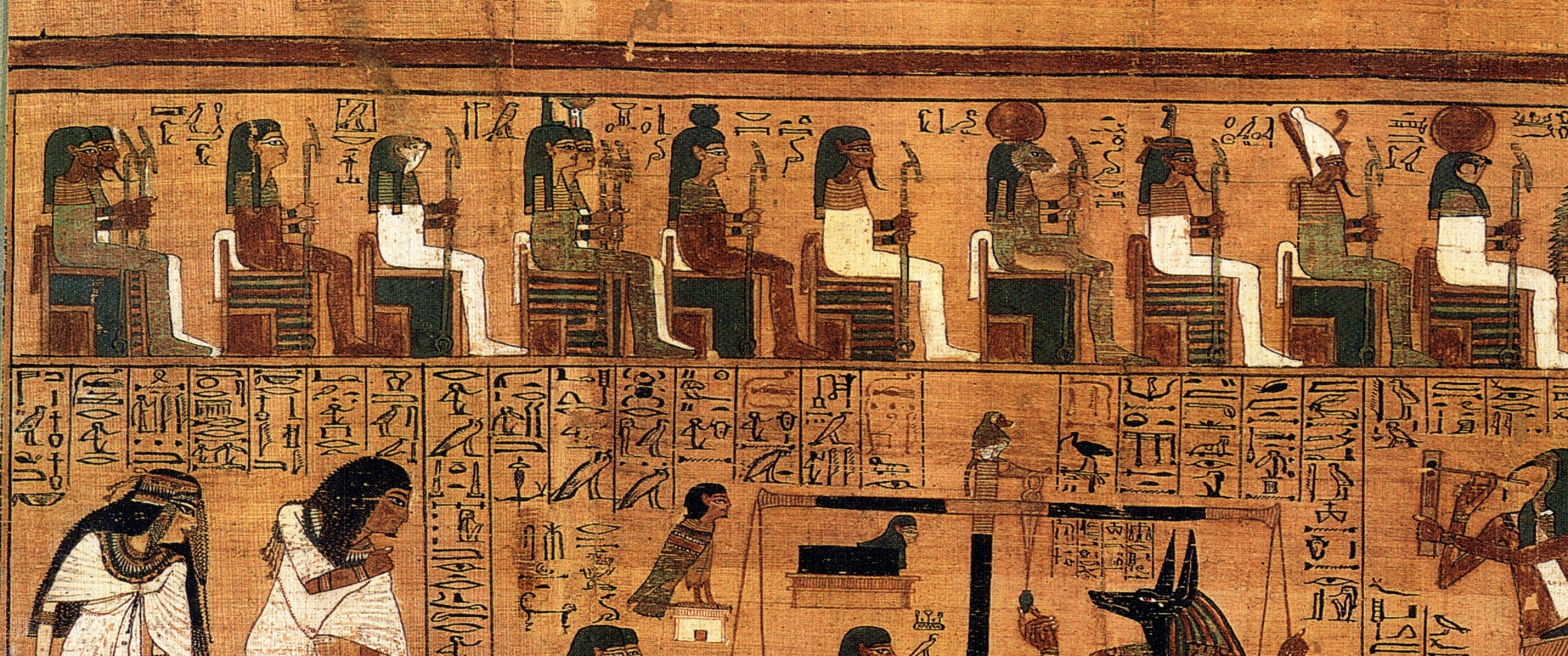
Genius Minds: Highest IQ of Famous Scientists
Explore the extraordinary intellect of some of history’s most notable scientists. From groundbreaking discoveries to revolutionary theories, these genius minds have left an indelible mark on the world with their exceptional intelligence. Join us as we delve into the highest IQ scores achieved by renowned scientists and uncover the brilliance of these remarkable scientific personalities.
Key Takeaways:
- The highest IQ scores achieved by famous scientists demonstrate their exceptional cognitive abilities.
- IQ records of famous researchers reflect the remarkable intellect of these scientific minds.
- The intelligence quotient among renowned scientists is exceptionally high.
- Exceptional IQ levels are found in well-known scientists.
- The smartest scientists possess high IQ scores.
Understanding IQ and Its Significance in the Scientific Community
In this section, we explore the concept of IQ (Intelligence Quotient) and its significance in the scientific community. IQ is a measure of an individual’s cognitive abilities, including reasoning, problem-solving, and memory. Understanding IQ helps us gain insights into the intellectual potential of famous scientists and their contributions to scientific advancements.
The Importance of IQ in the Scientific Field
IQ plays a crucial role in the scientific field as it reflects an individual’s ability to analyze complex information, think critically, and develop innovative theories. Scientists with high IQ scores often possess exceptional cognitive abilities that enable them to make groundbreaking discoveries and push the boundaries of scientific knowledge. Their intelligence allows them to approach research and problem-solving from unique perspectives, leading to novel insights and advancements in various fields.
Measuring IQ: Methods and Limitations
IQ is typically measured through standardized tests, such as the Stanford-Binet Intelligence Scale or the Wechsler Adult Intelligence Scale. These tests assess various cognitive abilities, including verbal comprehension, perceptual reasoning, working memory, and processing speed. However, it’s important to acknowledge the limitations of IQ testing. IQ tests may not fully capture an individual’s intelligence, as they primarily focus on specific cognitive domains and may not account for other forms of intelligence, such as emotional intelligence or creativity.
IQ and Intellectual Potential
The high IQ scores of famous scientists reflect their exceptional intellectual potential. Having a high IQ allows scientists to comprehend complex concepts quickly, synthesize information effectively, and generate innovative ideas. Intellectual potential, coupled with a passion for exploration and a strong work ethic, enables scientists to excel in their respective fields and make significant contributions to scientific knowledge and understanding.
Understanding the significance of IQ in the scientific community helps shed light on the exceptional cognitive abilities of famous scientists and their remarkable achievements. In the next section, we delve into the highest IQ scores achieved by renowned researchers and explore their impact on scientific discovery and innovation.
Highest IQ of Famous Scientists
In this section, we delve into the highest IQ scores achieved by famous scientists. Explore the exceptional cognitive abilities of these renowned researchers and gain insights into the impact of their intelligence on scientific discovery.
Comparing IQ Records of Renowned Researchers
When it comes to intelligence, some scientists have achieved remarkable IQ scores. Let’s compare the highest IQ records of these renowned researchers to appreciate the exceptional cognitive abilities they possess. While IQ scores alone don’t determine a scientist’s overall brilliance, they provide valuable insights into their intellectual potential and the capacity to think critically and solve complex problems.
The Impact of Exceptional Intelligence on Scientific Discovery
The exceptional intelligence of famous scientists has had a profound impact on scientific discovery. With their high IQ scores, these individuals have demonstrated exceptional problem-solving skills, innovative thinking, and the ability to push the boundaries of knowledge in their respective fields. Their cognitive abilities have paved the way for groundbreaking theories, revolutionary advancements, and transformative scientific breakthroughs.
How IQ is Measured Among the Elite Minds
Measuring IQ among the elite minds of the scientific community is a complex process that involves standardized intelligence tests. These tests assess various cognitive abilities, including logical reasoning, spatial visualization, mathematical aptitude, and verbal comprehension. By quantifying intelligence through IQ tests, researchers gain valuable insights into the cognitive abilities and potential of these exceptional scientists.
The Relationship Between IQ and Scientific Innovation
In the world of scientific discovery, the relationship between IQ and innovation has long been a topic of fascination. The intellectual capabilities of renowned scientists have played a crucial role in shaping groundbreaking advancements and pushing the boundaries of human knowledge. In this section, we delve into the intricate connection between IQ and scientific innovation, shedding light on the remarkable achievements of high IQ thinkers.
Case Studies: Breakthroughs by High IQ Scientists
When examining the impact of IQ on scientific innovation, it’s essential to explore notable case studies. Throughout history, scientists with exceptionally high IQ levels have contributed to groundbreaking breakthroughs. From Albert Einstein’s theory of relativity to Marie Curie’s pioneering work on radioactivity, these high IQ individuals have revolutionized their respective fields.
By studying their remarkable achievements, we gain insights into the unique thought processes and exceptional problem-solving abilities that high IQ scientists possess. These case studies not only underline the significance of intelligence but also inspire future generations to explore new frontiers in scientific research and innovation.
High IQ Thinkers and Their Approach to Problem-Solving
High IQ thinkers possess a distinctive approach to problem-solving that sets them apart. Their exceptional cognitive abilities allow them to process complex information, identify patterns, and connect seemingly unrelated concepts. This cognitive agility enables them to tackle scientific problems from novel angles, uncovering innovative solutions that lead to significant advancements.
Furthermore, high IQ thinkers often exhibit a heightened curiosity and thirst for knowledge. Their insatiable desire to unravel the mysteries of the universe fuels their scientific quests and drives them to explore uncharted territories. As a result, their intellect and hunger for understanding become catalysts for scientific breakthroughs.
Intellectual Traits of History’s Genius Scientists
History’s genius scientists have showcased various intellectual traits that have contributed to their exceptional achievements. Some of these traits include:
- Exceptional analytical skills: The ability to dissect complex problems and develop logical frameworks for understanding the underlying principles.
- Insatiable curiosity: A relentless pursuit of knowledge and a burning desire to explore the unknown.
- Creative thinking: The capacity to generate innovative ideas and approach scientific challenges with unconventional perspectives.
- Meticulous attention to detail: A commitment to thoroughness and precision in experimental design and data analysis.
- Persistence and resilience: A determination to overcome setbacks and pursue scientific goals with unwavering dedication.
These intellectual traits, combined with their high IQ, have empowered genius scientists throughout history to make groundbreaking discoveries and revolutionize our understanding of the world.
| Famous Scientist | Highest IQ Score |
|---|---|
| Albert Einstein | 160+ |
| Marie Curie | 185 |
| Isaac Newton | 190+ |
| Nikola Tesla | 160+ |
Table: Highest IQ Scores of Famous Scientists.
By examining the intellectual traits and achievements of history’s genius scientists, we gain a deeper understanding of the remarkable connection between IQ and scientific innovation. Their high IQ, coupled with their exceptional cognitive abilities and unique problem-solving approaches, has propelled them to the forefront of scientific discovery.
Famous Theories and Discoveries from Brilliant Scientific Minds
This section highlights the famous theories and discoveries made by brilliant scientific minds. These genius scientists, with their exceptional intelligence and unparalleled IQ scores, have made groundbreaking contributions that have shaped our understanding of the world.
“Imagination is more important than knowledge. For knowledge is limited, whereas imagination embraces the entire world, stimulating progress, giving birth to evolution.” – Albert Einstein
One of the most renowned scientific minds of all time, Albert Einstein, revolutionized physics with his theory of relativity. His intellect allowed him to see beyond the boundaries of established knowledge and conceive groundbreaking concepts that disrupted the existing understanding of space, time, and gravity. Einstein’s theory reshaped the field of physics and paved the way for new discoveries and technological advancements.
Marie Curie, another brilliant scientist with extraordinary intelligence, made incredible contributions to the field of radioactivity. Her pioneering research led to the discovery of the elements polonium and radium. Curie’s exceptional intellectual abilities and unwavering dedication to her work earned her two Nobel Prizes, making her the first woman to receive this prestigious honor.
These are just a few examples of the incredible theories and discoveries made by brilliant scientific minds with exceptional intelligence. Their contributions have had a profound impact on numerous fields, inspiring generations of scientists to push the boundaries of knowledge and strive for new breakthroughs.
| Famous Scientist | Theory/Discovery |
|---|---|
| Albert Einstein | Theory of Relativity |
| Marie Curie | Discovery of Polonium and Radium |
Conclusion
In conclusion, the highest IQ scores achieved by famous scientists reflect their exceptional cognitive abilities and the profound impact they have made through their scientific pursuits. These remarkable individuals, with their genius-level IQs, have left an indelible mark on the world.
Their intellectual brilliance has led to breakthrough discoveries, such as Albert Einstein’s theory of relativity and Marie Curie’s pioneering research on radioactivity. These brilliant minds have revolutionized our understanding of the universe and paved the way for advancements in various scientific fields.
Notable scientists with exceptional cognitive abilities, such as Stephen Hawking and Nikola Tesla, continue to inspire future generations to explore new frontiers and push the boundaries of scientific knowledge. Their exceptional IQs have fueled their insatiable curiosity and thirst for knowledge, driving them to unravel the mysteries of the universe.
As we reflect on the highest IQ scores of known scientists, we recognize the immeasurable value of exceptional intelligence in scientific innovation. These genius-level IQs have propelled scientific progress forward, challenging conventional wisdom and sparking new avenues of exploration. The legacy of these extraordinary individuals continues to shape our world and inspire us to reach for new heights in the quest for knowledge.
FAQ
What is IQ and why is it important in the scientific field?
IQ, or Intelligence Quotient, is a measure of a person’s cognitive abilities and intellectual potential. In the scientific field, IQ plays a crucial role as it is often associated with problem-solving skills, creativity, and innovative thinking.
How is IQ measured among the elite minds in the scientific community?
IQ is typically measured through standardized tests, such as the Wechsler Adult Intelligence Scale (WAIS) or the Stanford-Binet Intelligence Scales. These tests assess various cognitive abilities, including verbal comprehension, abstract reasoning, and processing speed, to determine an individual’s IQ score.
Who holds the highest IQ scores among famous scientists?
Various renowned scientists have achieved exceptionally high IQ scores. Some notable figures include Albert Einstein, with an estimated IQ of 160-190, Isaac Newton, with an estimated IQ of 190-200, and Nikola Tesla, with an estimated IQ of 160-220.
How does exceptional intelligence impact scientific discovery?
Exceptional intelligence often enables scientists to make groundbreaking discoveries, formulate revolutionary theories, and think outside the box. High IQ individuals may have a greater capacity for complex problem-solving, critical thinking, and the ability to see patterns that others might miss.
What are some famous theories and discoveries made by brilliant scientific minds?
Brilliant scientific minds have contributed countless theories and discoveries that have shaped our understanding of the world. Examples include Albert Einstein’s theory of relativity, Marie Curie’s research on radioactivity, Charles Darwin’s theory of evolution, and Nikola Tesla’s contributions to electrical engineering.












